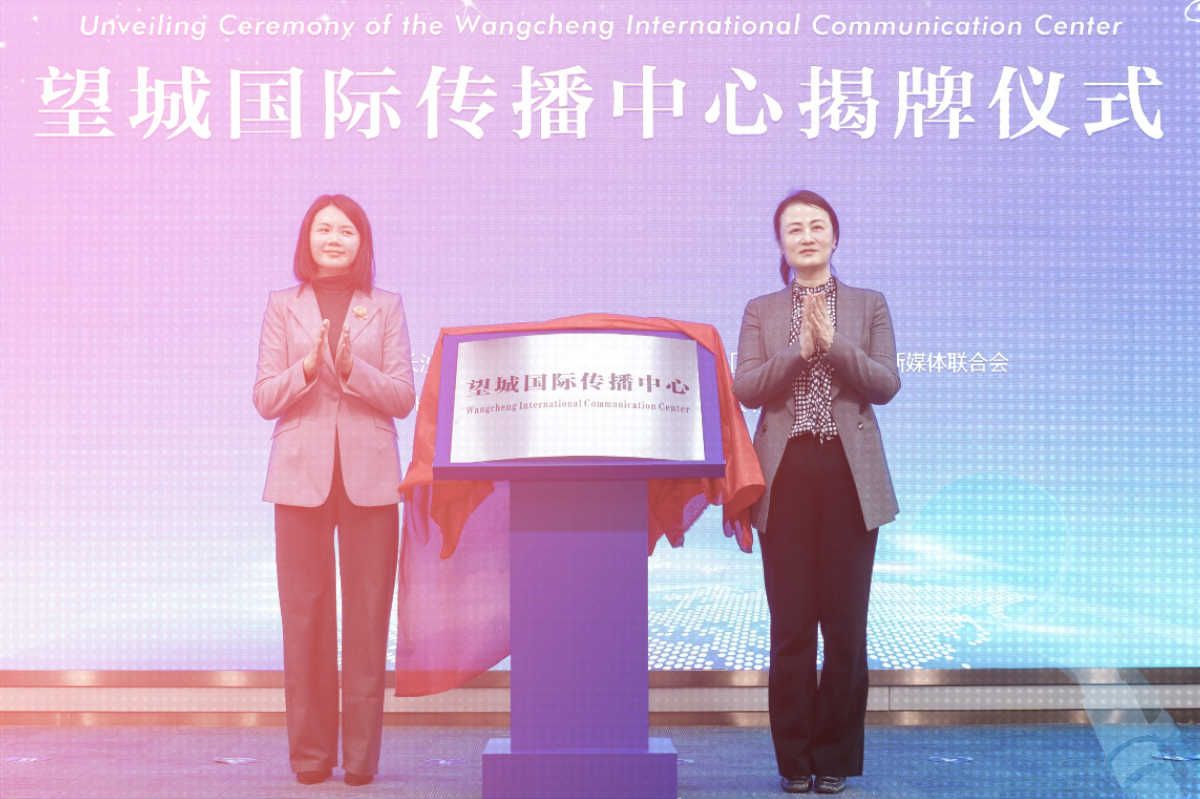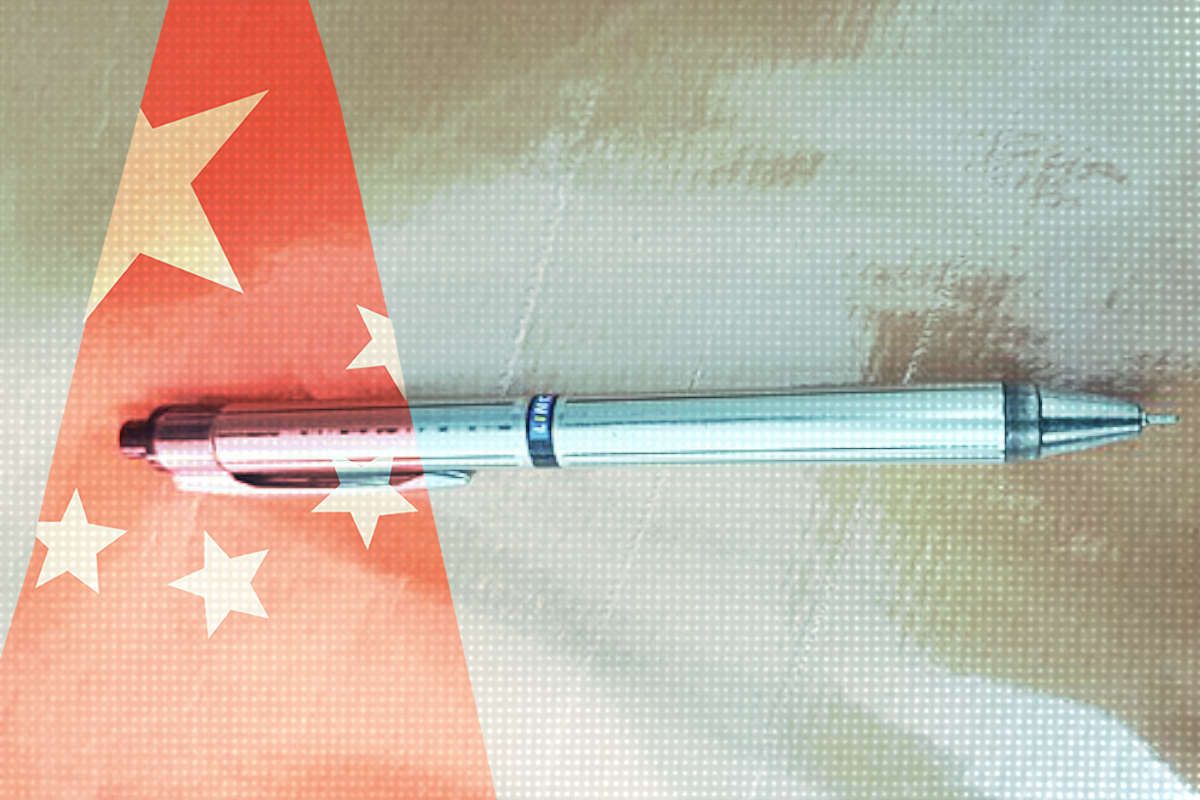It might have been a badge of honor at one time in China for a young person to rise up as a pillar of society, achieving things well beyond their years. Today such precocity is an invitation to rumor and ridicule, a thing best hidden away from the prying eyes of the public. To understand why we need only look at the online controversy broiling this week, though only very briefly, around the figure of Wang Shengqi (王圣淇), who at the tender young age of 24 is already vice-president of northern China’s Liaoning Shihua University.
Ms. Wang and her improbable achievements slipped quite by accident into the Internet’s field of view this week, and the so-called “human flesh search engine” pounced into action. According to unconfirmed reports, Wang is the daughter of the mayor of a certain city in Liaoning. But no sooner had Wang become a focus of the news than the online speculation started to systematically disappear. The pages where she had been discussed with such keen interest now kicked up warnings that read: “The page you are visiting no longer exists, or has been deleted.”
Even as all discussion was being scrubbed from the web, Liaoning Shihua University responded that Wang Shengqi’s appointment had been made according to rigorous standards. It was the result, the university said, of a policy designed to prepare young cadres for work at the institution. They denied that Wang Shengqi had been appointed because she is the daughter of an influential official.
One might have supposed web users were barking up the wrong tree, and that Wang Shengqi actually was not a so-called “offspring of the powerful,” or guan er’dai (官二代), reaping special privileges on the strength of her parents’ power and connections. But the tide of questioning and speculation was cut short as related posts were scrubbed from the Internet — something not just anyone can do — and that in itself provided some finality: perhaps there really is a skeleton in that closet.
This latest case is just one among many recent sparks over the issue of perks for the sons and daughters of those in positions of power. Over the past few years, Chinese media have continually exposed cases where the kids of sitting officials have been handed perks and privileges, or afforded special protections. These stories have attracted a great deal of public interest.
In many of these cases, local governments respond by saying they have hired or appointed young political elites in “strict accordance with regulations.” Further scrutiny reveals, however, that these local “regulations” themselves were tailored to rationalize the hiring of this or that favored young candidate.
In our everyday lives, we see special treatment for China’s guan er’dai happening as a matter of course. This is something we’ve all just grown accustomed to. In some cases, we have even seen officials pulling strings to ensure they are succeeded in their posts by sons or daughters. Most often, though, these arrangements are a tit-for-tat process of exchange among officials holding positions in different corners of power — so that a police official, for example, arranges for the child of a court official to get a post inside the police department, while the opposite arrangement is made for his own child.
Why are these arrangements permitted at all? When our media do ask this question, the answer that comes back from government personnel departments is that there is a need to “ensure stability in the civil service.”
The real reason is much more basic than that. Given a routine and universal lack of real checks on the exercise of power in China, it’s foolish to imagine officials wouldn’t use the power at their disposal to ensure the path is smoothed for their children. China has a long and deep tradition placing great importance on family relationships. Why would government officials, whom we know to behave recklessly over such trifling matters as food and drink, refrain from doing their utmost for the welfare of their children?
In fact, most all of these guan er’dai issues exposed by web users through the so-called “human flesh search” have to do with the behavior of lower-level officials whose power is insufficient to give them better options. With a greater level of influence and wealth, officials in higher positions will already have settled the affairs of their children, packing them off to world-class foreign universities from which they return gilded and ready to assume cushy jobs. Local officials are simply doing their best to follow this example with the resources they have at hand.
In most cases, it’s the Internet that plays the dominant role in unearthing these hidden abuses. On the heels of the Internet wave, experts step out calling for respect for rules and regulations.
But the deeper and more important question is exactly who establishes these game rules, and how they are established. Supposing the rules are unfair, how can we set things straight? When officials are responsible only to themselves in enforcing their own discipline, it makes sense that they offer one another protection, recognizing that they are all in the same boat.
Resorting to web censorship to keep problems like this under wraps, deleting online posts and the like, is an ill-advised tactic. The only result is to deepen tensions and resentment, and at the same time tarnish with doubt the images of officials who have done no wrong.
Anxiety over endemic unfairness and injustice has already developed to such an extent that it has become a major sticking point in Chinese society. The only way to promote real social fairness is to encourage social change on the basis of new thinking on the importance of citizens’ rights. This issue cannot be dealt with by patching over problems with more government red tape. Only in this way can we have any hope of dispelling the resentment many Chinese feel, offering everyone the opportunity to rise. And only in this way can we make civil service a decent and respectable line of work, so that the children of officials who show real promise can show their faces without fear.
A version of this editorial appeared in Chinese at the Shanghai Morning Post (新闻晨报), a commercial spin-off of Shanghai’s Liberation Daily.





















